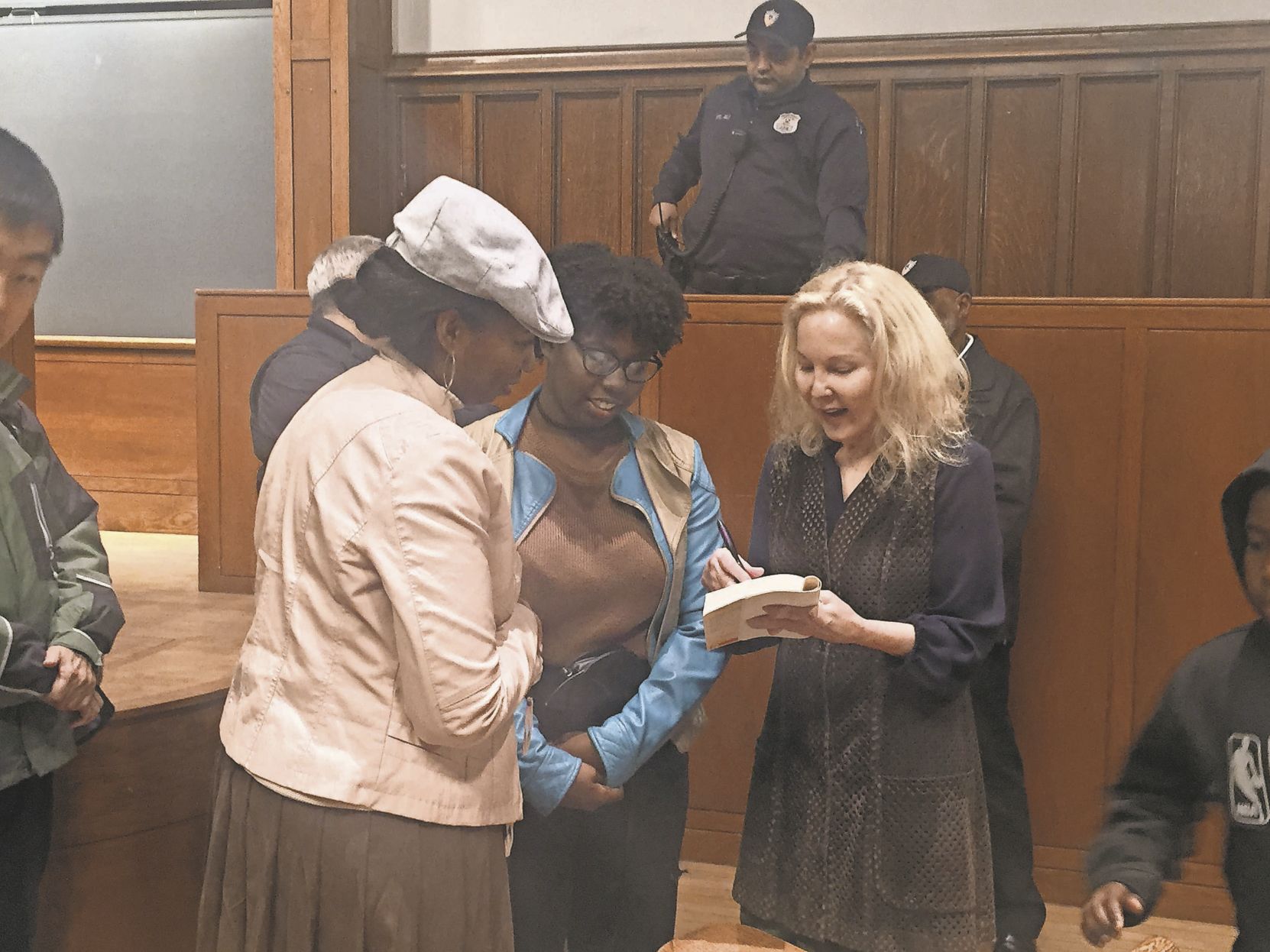By Ellie Schwartz, Correspondent
Nonfiction often turns the problems of those in poverty into entertainment for the privileged without doing much to help those in need, Pulitzer Prize-winning journalist and writer Katherine Boo told an audience of 250 Wednesday at Princeton University.
“Sometimes they convert genuine hardship into diversions for luckier people, vacation reading for the idly concerned,” said Boo, author of “Behind the Beautiful Forevers: Life, Death, and Hope in a Mumbai Undercity” and other works investigating poverty and injustice.
This is often because nonfiction is competing with media designed to entertain readers rather to educate them or draw attention to injustice.
“You are competing with Netflix and chill,” Boo said.
While Boo’s work often reads like a novel to compete with these mediums, her goal is not to entertain, but to investigate and present injustices in the hopes that they will be addressed.
“In every story I do, I’m operating in the hope that if I unpile some of the crimes and show a few of them very clearly, the justice will become visible again,” Boo said. “Maybe by becoming more visible they will become less common.”
However, to expose these injustices, Boo first inserts herself in the lives of her subjects, staying in one location (such as Mumbai, India) for months or years at a time. In doing so, she reaches those who are most afflicted but also most hidden.
“People most vulnerable to oppression are least willing to talk to us,” Boo said. “Insights from the most valuable don’t get examined to the extent that they should be.”
Boo has found that those in dire situations are willing to share once she gains their trust.
“People are trying to communicate. It’s a question of just listening,” she said.

